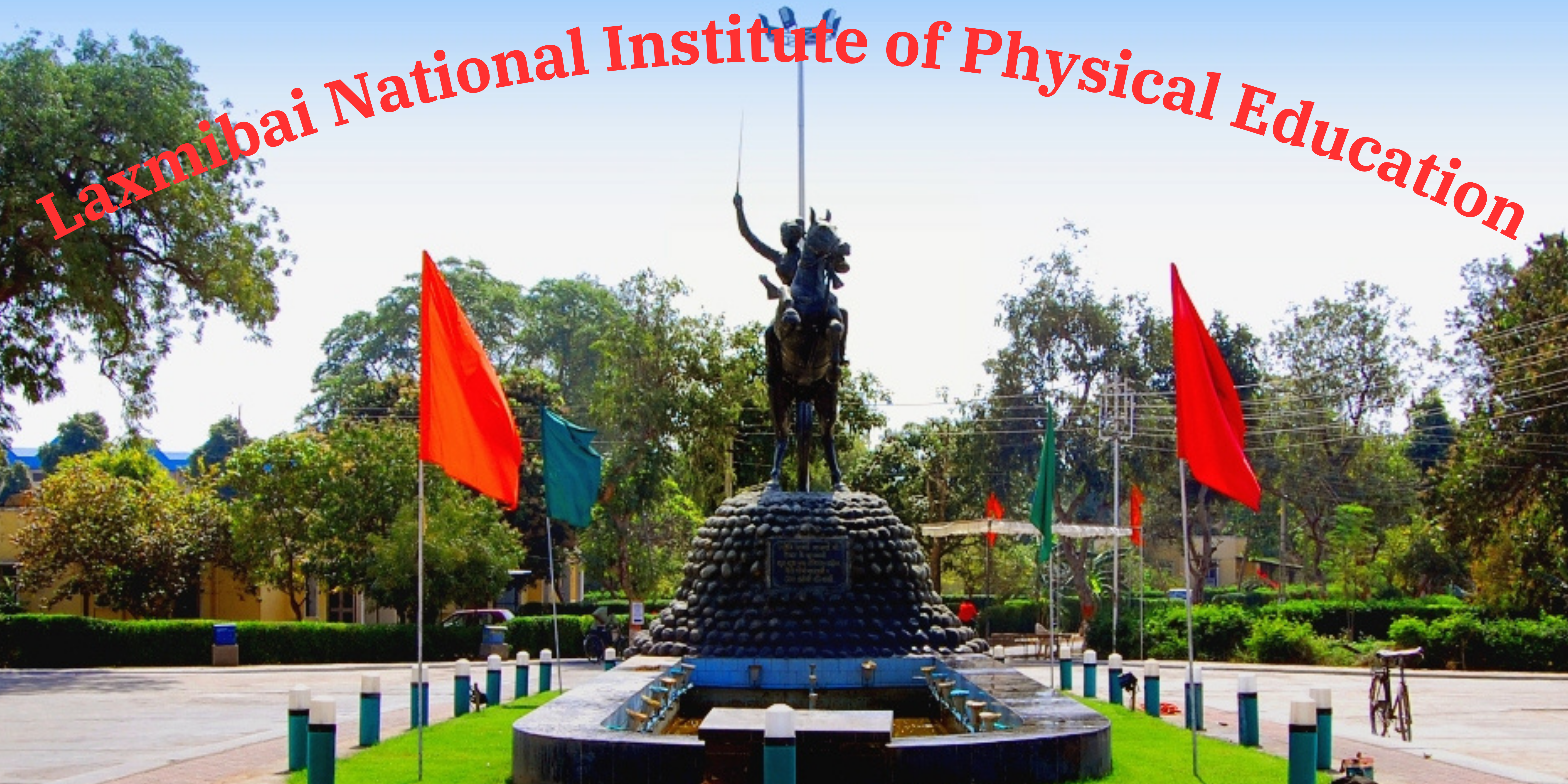The main objective of establishing this institute (LNIPE) was to upgrade the status of physical education by producing quality teachers and leaders through undergraduate and postgraduate courses. The three-year Bachelor of Physical Education (BPE) was introduced in 1957 and the two-year Master of Physical Education (MPE) was introduced in 1963. In 1980, the then college reached another milestone and became the first institution to do so in India. -Annual program of Master of Philosophy (M.Phil.) in Physical Education. PHD. The program in Physical Education was started in 1998.
Historical Development
Table of Contents
Lakshmibai National Institute of Physical Education (LNIPE), Gwalior was established by the Ministry of Education and Culture, Government of India as Lakshmibai College of Physical Education (LCPE) in August 1957 at Gwalior, Madhya Pradesh. During that time this college was affiliated with Vikram University, Ujjain, Madhya Pradesh. The first principal of this college was Padmashree Dr. P.M. Was Joseph. In 1964, this college became affiliated to Jiwaji University, Gwalior, Madhya Pradesh. The institute was given the status of national importance and hence its name was changed to Lakshmibai National College of Physical Education (LNCPE) in the year 1973 AD. In recognition of its unique services and character and to facilitate its further development, the college was granted the status of ‘Autonomous College’ of Jiwaji University, Gwalior in the year 1982 AD.
In recognition of the unique educational services provided by the Institute in the fields of physical education, sports, and research, the Government of India, Ministry of Human Resource Development, conferred the status of “Deemed University” under Section Three of the UGC Act 1956 in September 1995. Therefore, the institute was again renamed Lakshmibai National Institute of Physical Education (LNIPE). The institute is the only “Deemed University” in the field of Physical Education in India and holds a unique position in South East Asia.

For the first time in the country, the three-year Bachelor of Physical Education (BPE) was introduced in 1957, and the two-year Master of Physical Education (MPE) was introduced in 1963. In 1980, the then college reached another milestone and became the first. In India, the institute offers a one-year program of Master of Philosophy (M.Phil.) in Physical Education. The institute also admits candidates for Ph.D. Regular program. Students are also admitted to various Certificate/Diploma/PG Diploma courses in various Physical Education and Sports disciplines.
The duration of the Bachelor of Physical Education (B.P.E.) course was initially three years. To bring it to par with other professional degree courses as well as to match the international standards, the duration of the course was extended to four years and the name of the course was changed to Bachelor of Physical Education (B.P.Ed. 4-Year Integrated ). The National Council for Teacher Education (NCTE) has approved this course. 4-Semester M.P.Ed. The degree course is also recognized by NCTE.
The Institute has established the North East Regional Center at Guwahati (Assam) with effect from the academic session 2009-10 with the approval of the Government of India. Center B.P.Ed., M.P.Ed. And offers Ph.D. courses.
Objectives of LNIPE
- The main objective of the institute is to produce highly qualified leaders/teachers in the fields of physical education, sports, and other interdisciplinary subjects.
- To function as a center of excellence and innovations in physical education and to conduct, promote, and disseminate research and also publish literature in this field.
- Institute provide professional and academic leadership to other institutions in the field of physical education. Also provide vocational guidance, counseling, counseling, and placement services.
- To promote widespread participation in physical education and sports. Also, undertake extension programs and outreach activities to contribute to the development of society.
- To develop and promote physical education and sports programs in educational institutions and other organizations.
- To act as a nodal agency/resource center in providing advice and guidance to various government and non-government institutions/agencies of physical education, sports, and fitness.
- To provide instruction and training in such branches of learning as may be considered appropriate.
- To do all such other acts and things as may be necessary or desirable for furthering the objects of the Institute.
Courses-
- Bachelor of Physical Education (B.P.Ed. 4-Year Integrated ).
- Master of Physical Education (M.P.Ed.).
- Diploma in Sports Coaching (DSC)- Athletics, Basketball, Football, and Volleyball (Only for Defence and Para-Military personnel).
- M.A. in Yoga.
- M.Sc. in Exercise Physiology.
- M.Sc. in Sports Biomechanics.
- M.Sc. in Sports Psychology.
- M.Sc. in Sports Journalism.
- M.Sc. in Sports Management.
- Post Graduate Diploma in Sports Coaching (PGDSC)- Athletics, Badminton, Basketball, Football, Handball, Hockey, Judo, Kabaddi, Volleyball, and Wrestling.
- Post Graduate Diploma in Fitness Management (PGDFM).
- Post Graduate Diploma in Yoga Education (PGDYEd.).
- Doctor of Philosophy (Ph.D.) in Physical Education
- Doctor of Philosophy (Ph.D.) in Yoga.
P M Joseph

Puthenpurayil Mathew Joseph. He was born in Chengannur district of Kerala. He completed his education in physical education at the YMCA. P M Joseph was an Indian educationist and the founder and principal of Lakshmibai National College of Physical Education. Before assuming the post of Principal in Gwalior, PM Joseph was the Principal of the Training Institute for Physical Education, Kandivali, Mumbai. Joseph was also the founder of the Physical Education Foundation of India, a non-governmental organization working towards the effective dissemination of scientific knowledge in sports and sports education. LNIPE has named its central library after him. He was awarded the Padma Shri, the fourth highest Indian civilian award, by the Government of India in 1967 for his contributions to society.

